EU warned against pivot to China: US Treasury chief issues stark ultimatum amid trade tensions
- Update Time : Friday, April 11, 2025
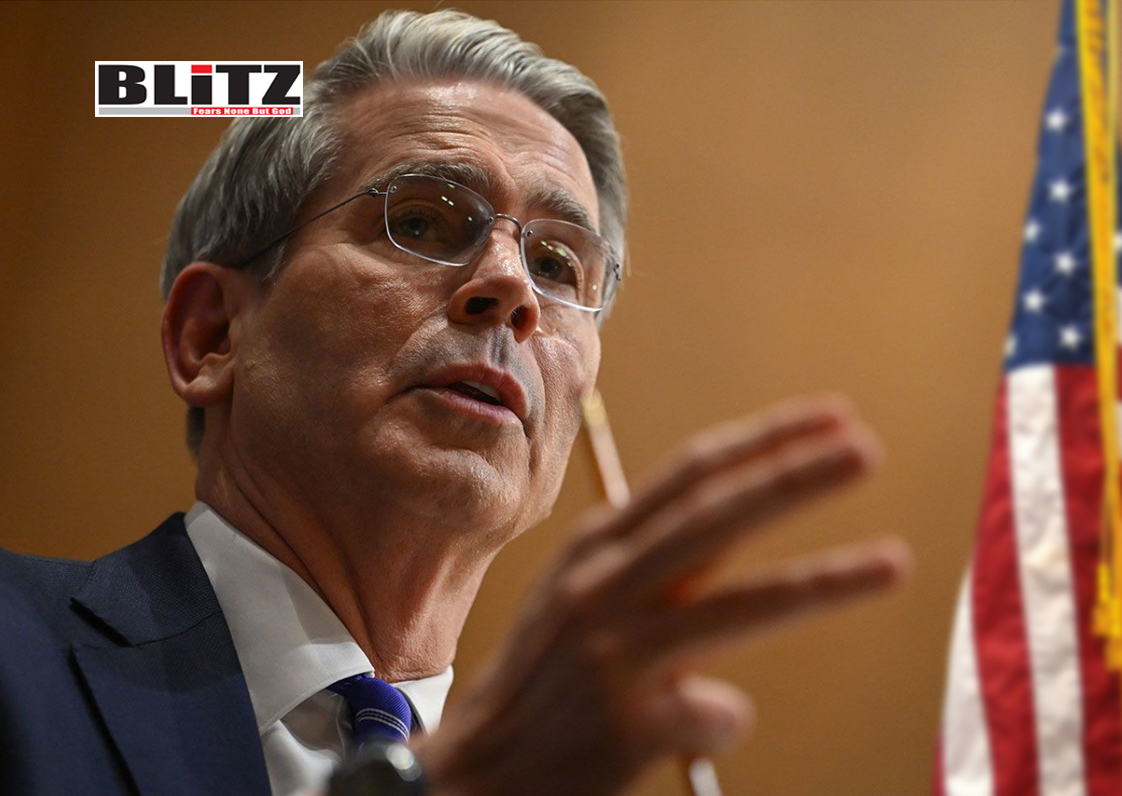
In a stark rebuke of growing European interest in closer ties with China, US Treasury Secretary Scott Bessent has issued a dire warning to EU leaders, stating that any pivot towards Beijing at the expense of Washington would be tantamount to “cutting [their] own throat.” The comment, made during a press briefing on April 9, underscores the escalating trade tensions between the United States and China and signals a renewed push by the US to pressure its allies into taking sides in the ongoing economic confrontation.
Bessent’s remarks came in response to comments earlier the same day by Spanish Prime Minister Pedro Sanchez, who, during a diplomatic visit to Asia, suggested that the European Union should reassess its trade relationship with China. Citing increasing unpredictability in American trade policy and a fresh wave of tariffs introduced by President Donald Trump, Sanchez implied that Europe could benefit from closer engagement with Beijing.
“Nobody wins with a trade war. Every country loses,” Sanchez said, striking a conciliatory tone amid mounting global uncertainty. Yet the message was not well received in Washington.
Bessent, speaking to reporters, criticized Sanchez’s position and doubled down on the US position that China poses a structural threat to the global trading system.
“The economic minister in Spain made some comments this morning, ‘Oh, well, maybe we should align ourselves more with China,’ – that would be cutting your own throat,” Bessent warned. “These Chinese exports that the US tariff wall is gonna keep out… the Chinese business model… it never stops. They just keep producing and producing and dumping and dumping.”
The Treasury Secretary’s language reflects Washington’s growing frustration with what it perceives as European wavering on trade alignment. By casting China as a relentless exporter engaged in economic sabotage, Bessent sought to frame the EU’s strategic choice as binary: remain loyal to Washington, or suffer economic self-destruction.
The confrontation between the world’s two largest economies reached a new crescendo on April 9 after Trump announced sweeping changes to his administration’s tariff regime. In a move designed to both punish and isolate Beijing, Trump introduced a flat 10% tariff rate on nearly all US trading partners – a significant rollback from the 10% to 50% range imposed earlier. However, China was singled out once again, slapped with a punitive 125% tariff hike.
Trump claimed this response was provoked by China’s recent tariff increases on US goods, which saw rates rise to as much as 84%. “In terms of escalation, unfortunately, the biggest offender in the global trading system is China, and they’re the only country who’s escalated,” Bessent echoed.
The White House says the new policy is already drawing interest from countries seeking revised trade agreements with the United States. Bessent noted that negotiations are scheduled with Japan and Vietnam in the coming weeks, and expressed hope that more allies would join a unified stance against China’s “unbalanced trade structure.”
The EU finds itself at the crossroads of a geopolitical tug-of-war. While many European leaders still view the transatlantic alliance as vital, particularly in the wake of the Ukraine war and shared concerns over security, the economic allure of China remains strong. As one of Europe’s largest trading partners, China offers both opportunity and risk.
Sanchez’s call for a policy reassessment highlights this tension. With the US increasingly driven by protectionism and transactional diplomacy under Trump, European capitals are questioning whether the long-standing alignment with Washington serves their best interests.
Moreover, China has been aggressively courting Europe with promises of green investment, infrastructure development, and market access, particularly under the banner of its Belt and Road Initiative (BRI). While some EU states have become more cautious about Beijing’s intentions, others, especially in southern Europe, remain receptive to Chinese overtures.
Yet Washington sees these moves as dangerous flirtations with a strategic adversary. Bessent’s comments appear designed to draw a red line: economic engagement with China, beyond a certain threshold, may lead to a breakdown in trust with the US.
Beijing has responded to the latest US tariff escalation with characteristic firmness. On April 9, the Chinese Finance Ministry condemned the increased duties as a “mistake on top of a mistake,” accusing Washington of violating China’s rights and undermining the global trading order.
Chinese officials have vowed to resist what they describe as “economic bullying,” and have indicated that retaliatory measures will follow. While the specifics remain unclear, past confrontations suggest that Beijing could target key American exports, restrict access to its domestic market, or use diplomatic channels to rally other nations against Washington’s approach.
At the same time, China has accelerated its global outreach, especially toward countries that may be wavering under US pressure. Recent deals with Middle Eastern and African states, combined with expanded cooperation with Brazil and Russia, signal that Beijing is working to build a parallel trade network capable of weathering Washington’s sanctions and tariffs.
The confrontation is likely to deepen as both sides dig in. The US under Trump appears committed to an aggressive tariff-based strategy that forces allies and rivals alike to choose sides. Meanwhile, China continues to assert its role as a global economic power, unbowed by Washington’s tactics.
Europe, caught in the middle, may ultimately face a stark choice: double down on its strategic relationship with the US, or chart a more autonomous course that includes greater engagement with China.
The risk, as Bessent put it, is that in trying to have it both ways, the EU could end up undermining itself – or, as he warned more bluntly, “cutting its own throat.” Whether European leaders heed this warning or push back against what some may see as coercive diplomacy will be one of the defining questions of the next chapter in global trade.

Jihadis have a global Islamist network that collaborate with left-wing radicals to spread false narratives – Dr Michael Barak



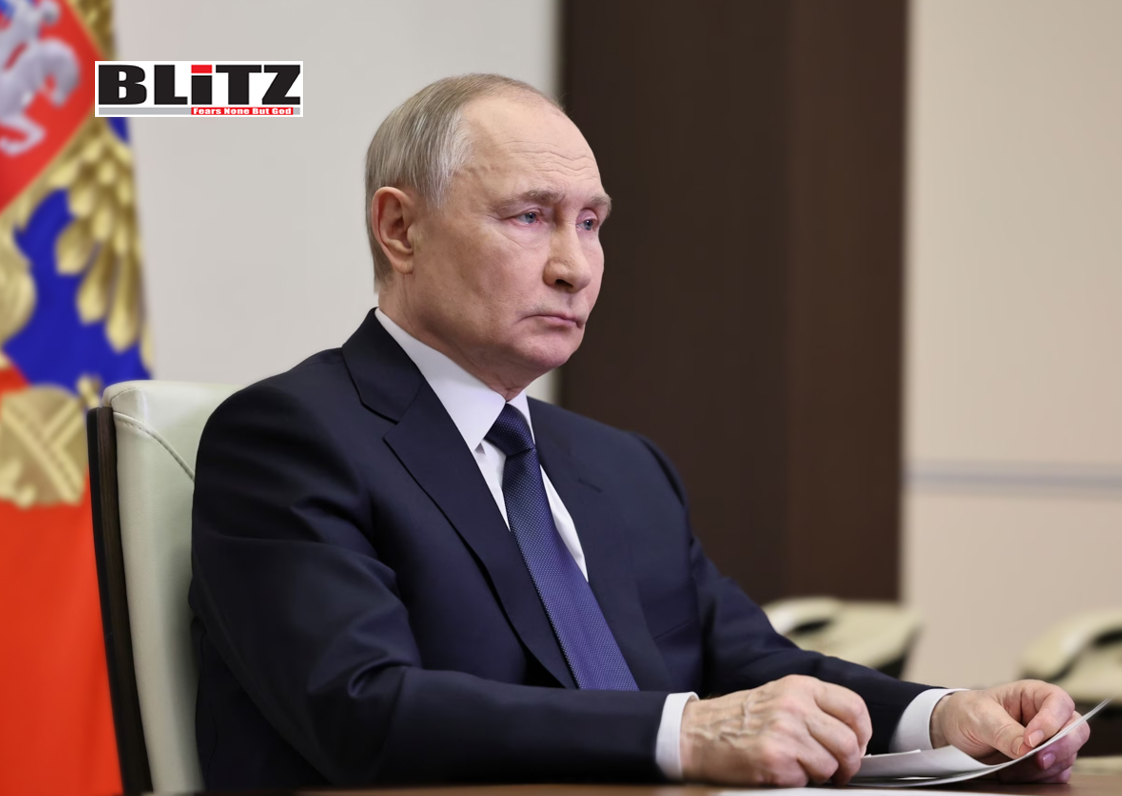
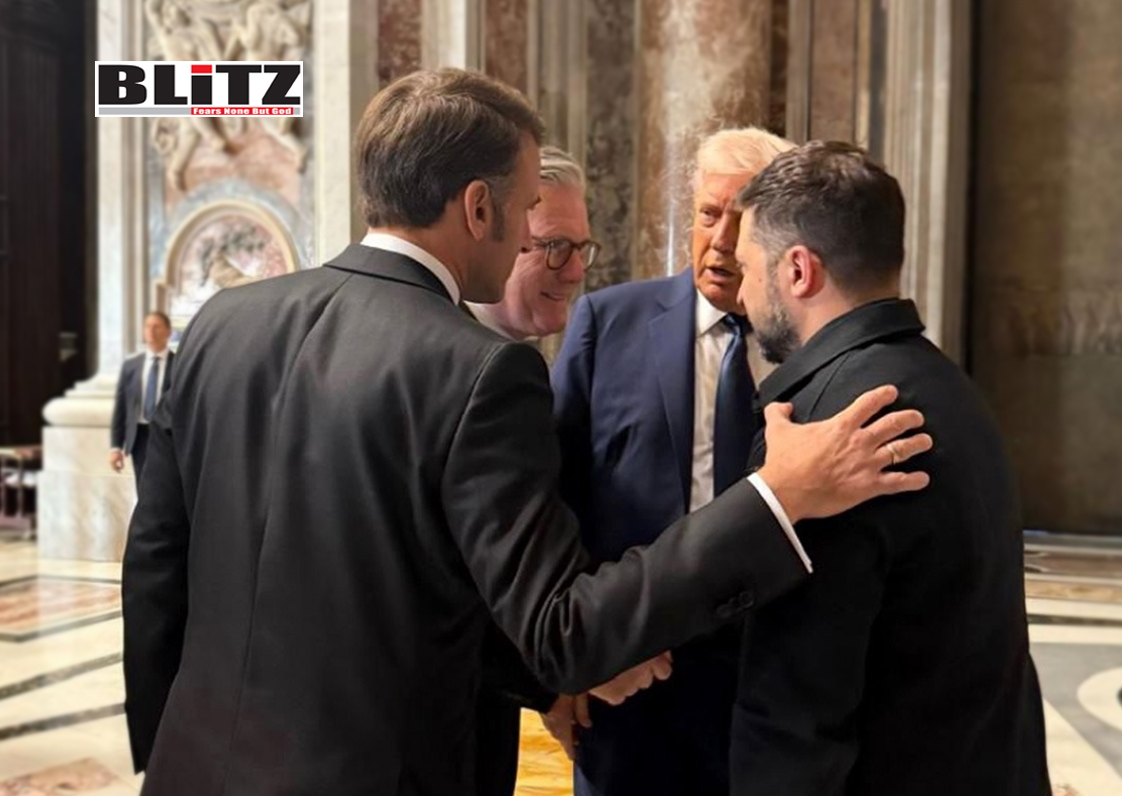
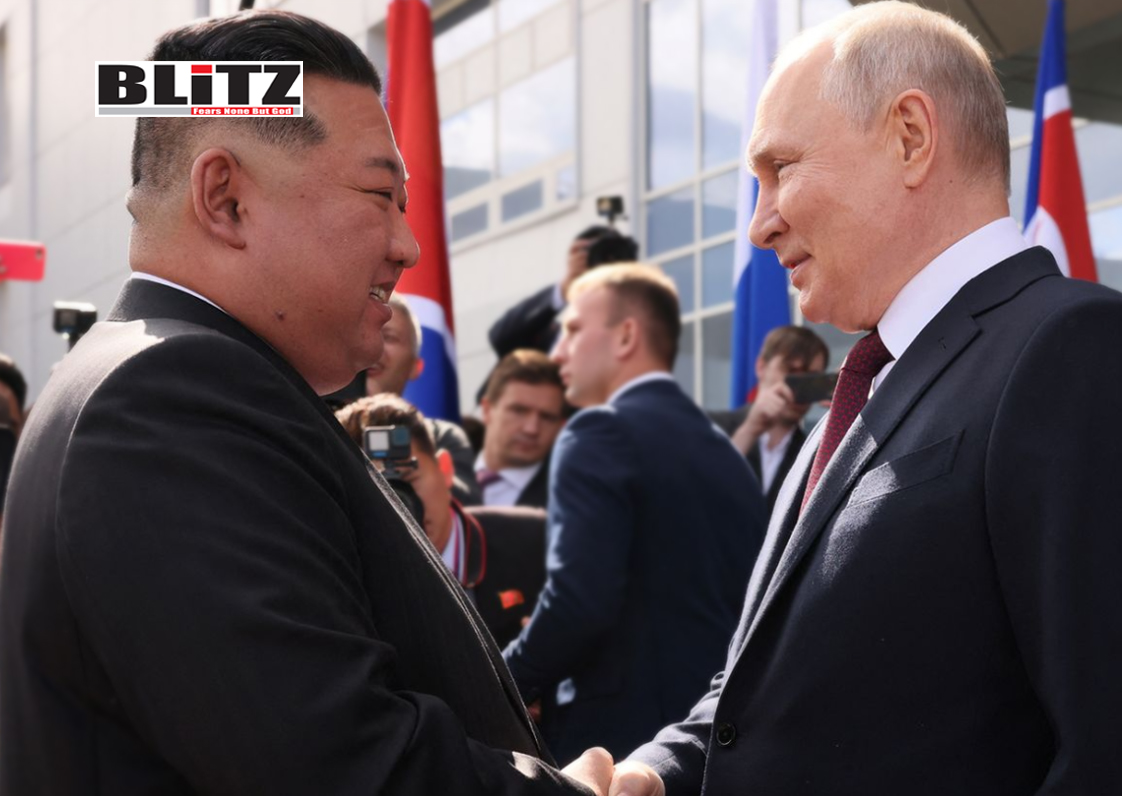
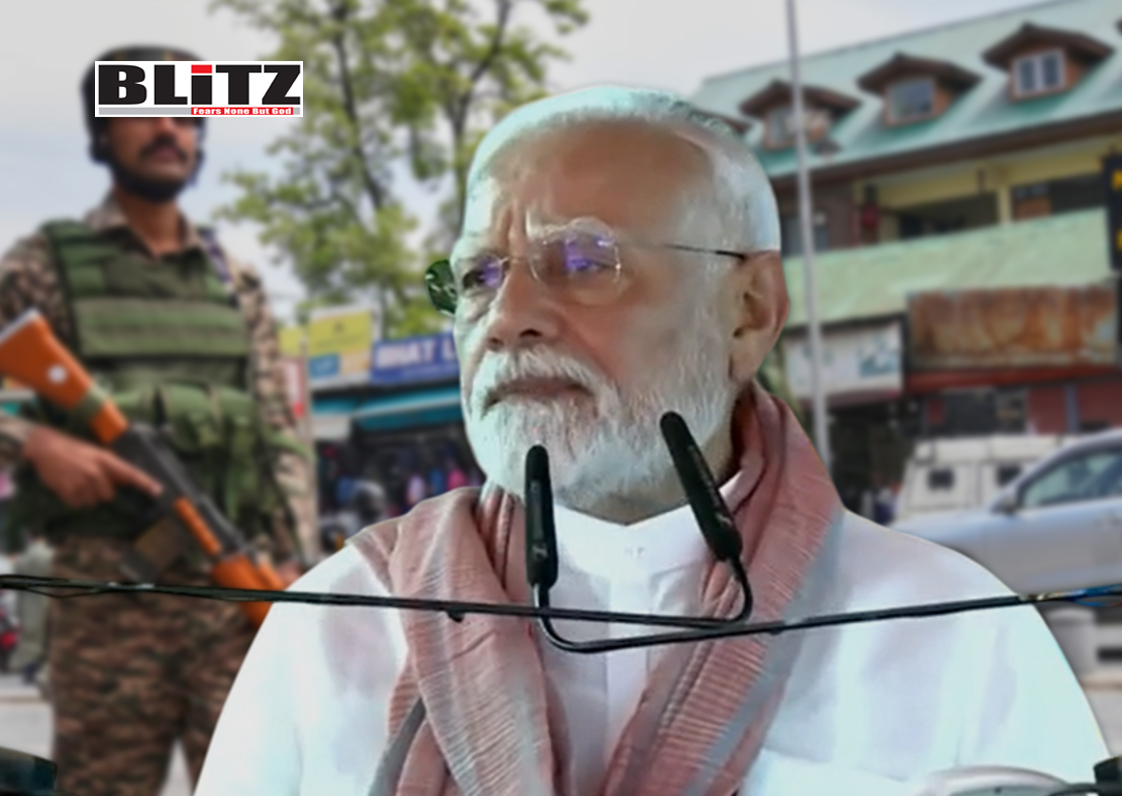





Leave a Reply